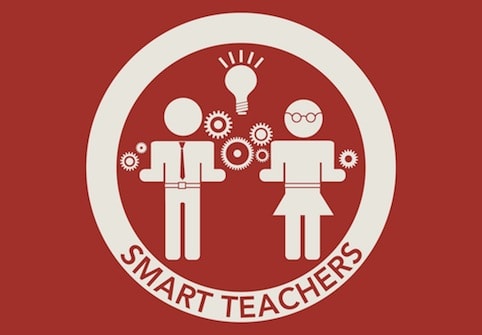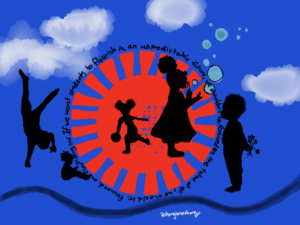Preparing for the Future

The future of education will be on display next week in Arizona, at the Education Innovation Summit. There will be a wide range of speakers and panel discussions, which I am really looking forward to hearing. Because the focus is on innovation, and many educational technology companies and entrepreneurs will be there, it is a chance for me as an educator to hear about what tools will be available to my university and K-12 schools in the near future. I am especially interested to hear what new models are being proposed that can make sense of the MOOC phenomenon for me, since the online instruction that I do at the City University of New York (CUNY) takes place in small classes and does not discard the traditional framework of credit hours and degree programs within a university structure.
Thomas Friedman’s recent op-ed for the New York Times made many CUNY instructors bristle by extolling the “MOOCs revolution” as if massively open online courses alone could fix difficult issues of social inequality and access to education, in the U.S. and globally. Friedman does note in another article, however, that so far it is mostly middle and upper class students who are able to benefit from this kind of massive online course. There may be a multitude of autodidacts out there, ready to thrive on their own in MOOCs, but my experience has been with college students who would need some foundation laid before they could get to that point.
The communications course I teach online is soon to be renamed Digital Literacy and offered to a wider group of CUNY students than the Online B.A. students who have been taking it. I feel lucky to be teaching the course, because I see the impact on my students as extending beyond the end of one semester. While the returning adults enrolled in the program are highly ‘wired’ in some ways (especially social networking with friends and family), they still find the course useful, to understand the theory and practice of finding and using digital information. There is a whole range of behavior they need modeled for them, from online research skills, to evaluating the credibility of resources, to knowing what to foreground in a short essay and how to avoid plagiarism while writing it. My students are smart and motivated, so even if some of them were under-served by the New York City public education system and are catching up, I am not convinced that these fundamental digital literacy skills are something that other young people ‘just know.’
My students are also learning how to be producers of knowledge and to be part of an academic community. They create blogs during the course, learn to edit a wiki, and experience a high level of interaction with classmates in discussing the readings and ideas of the course. When I ask them to use Twitter for a group assignment, many students have no previous experience with it, or have only used it to sign up for discounts and coupons from retailers. It is rewarding to see them coming away with a new understanding of how professionals use social networking tools to share news and ideas — to see them begin to follow some thought leaders and become part of a wider conversation on their own.
While I have been teaching online for almost six years now, I feel as though I need to pay attention to a lot more than what is already happening, only at my university. Along with presentations by many innovative companies at next week’s summit, the conference also brings together a wide range of leaders, from those with backgrounds in politics and education, like Senators George Mitchell and Bob Kerrey, to computer industry pioneers, to technology writers like Steven Johnson. I just assigned a chapter he wrote on the benefits of gaming to my communications students, many of them young parents, to get them to think about how technology is revolutionizing what constitutes a learning opportunity for young people. There is also a panel that I am interested to hear on how massively multi-player online games (MMOG) might improve learning outcomes. Middlebury College, where I studied Chinese ten years ago to prepare for my anthropological fieldwork, will be there with the interactive version of the intensive language program that they have since developed.
Things are evolving very quickly, and I want to stay in the vanguard. Lest we forget why words like ‘revolution’ are being used to talk about online learning innovations, one of the summit panels is called “The Nuclear Option: Should We Just Blow Up the Current System & Start from Scratch?” I am pretty sure the answer to that is not going to be ‘yes,’ but I am looking forward to coming away with fresh ideas about what the future might hold.







0 Comments
Leave a Comment
Your email address will not be published. All fields are required.